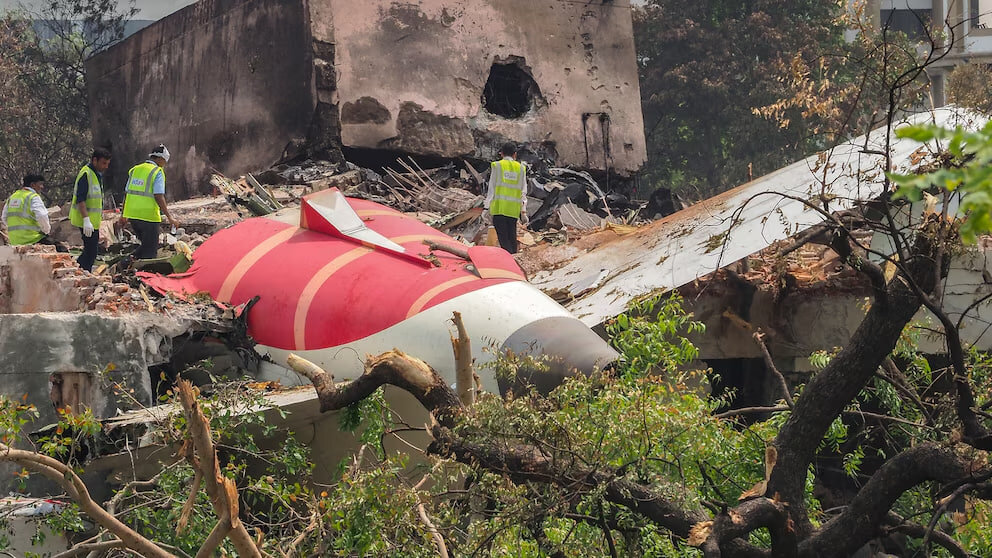
Similar Posts
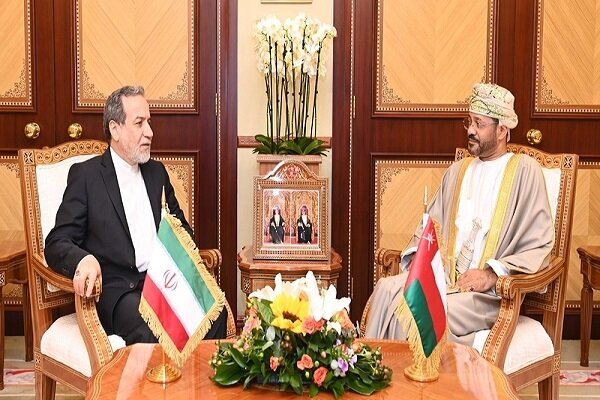
Omani Media Unveils Key Insights from Iran-Oman Foreign Ministers’ Meeting
The recent meeting between Omani Foreign Minister Badr bin Hamad Al Busaidi and Iranian Foreign Minister Abbas Araghchi underscores the strengthening of bilateral ties and regional diplomacy. The ministers discussed enhancing cooperation, regional developments, and the importance of dialogue for peaceful conflict resolution. Their commitment to diplomatic solutions reflects a mutual understanding of the need for collaboration in a challenging global landscape. Oman’s role as a mediator highlights its unique approach to foreign policy, emphasizing dialogue and non-interference. This meeting serves as a reminder of the importance of diplomacy in fostering peace and stability in the region.
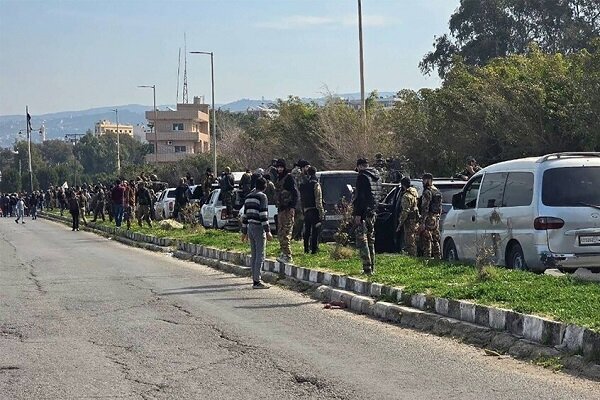
Lebanon’s Vulnerability: The Rising Threat of Sectarian Violence Spillover from Syria
The recent violence against Syrian civilians, especially the Alawite sect, exposes the hypocrisy of the HTS-led regime, undermining claims of prioritizing peace and justice. Lebanon, with its proximity and sectarian similarities, faces significant repercussions, particularly affecting its Druze community and heightening tensions along the Syrian border. The Syrian refugee crisis, worsened by violence, poses challenges for Lebanon’s humanitarian situation. Additionally, Israeli incursions further complicate security for Lebanese forces. Amid these threats, Hezbollah’s military capabilities are seen as essential for regional stability. The ongoing turmoil in Syria deeply influences Lebanon’s political and social dynamics, raising concerns for broader regional security.
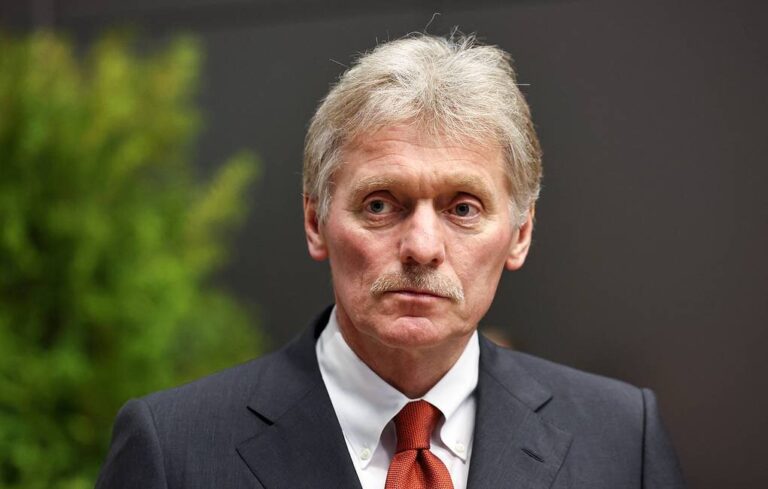
Kremlin Claims Kiev Lacks Interest in Peace Negotiations
Ukrainian President Volodymyr Zelensky’s refusal to make territorial concessions in the ongoing Russia-Ukraine conflict has drawn significant attention, with Kremlin Spokesman Dmitry Peskov interpreting it as a denial of the current realities. Peskov emphasized that discussions must reflect the new situation on the ground, referencing past negotiations, including the pivotal Istanbul talks in March 2022, where Ukraine initially agreed to a neutral status before halting discussions, influenced by UK Prime Minister Boris Johnson. The complexities of international diplomacy and the roles of foreign actors complicate the potential for future dialogue, leaving the conflict’s resolution uncertain.
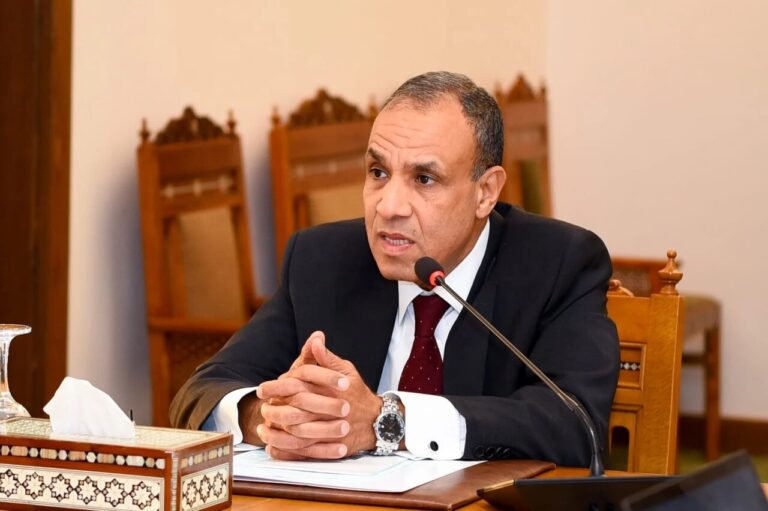
Egypt Stands Firm: Rejects Israeli Plan to Divide Gaza and West Bank
In a diplomatic meeting in Cairo, Egyptian Foreign Minister Abdelatty emphasized Egypt’s support for the Palestinian Authority amid escalating Israeli military operations in Gaza and the West Bank. He condemned these actions as a dangerous escalation and expressed Egypt’s commitment to mediating a ceasefire and facilitating humanitarian aid to Gaza. Key points included Egypt’s efforts to restore ceasefire, resume humanitarian aid, and oppose the displacement of Palestinians. Abdelatty reaffirmed Egypt’s rejection of Israeli military actions as violations of international law. This meeting underscores Egypt’s ongoing role in seeking a peaceful resolution to the Israeli-Palestinian conflict amid a dire humanitarian crisis.
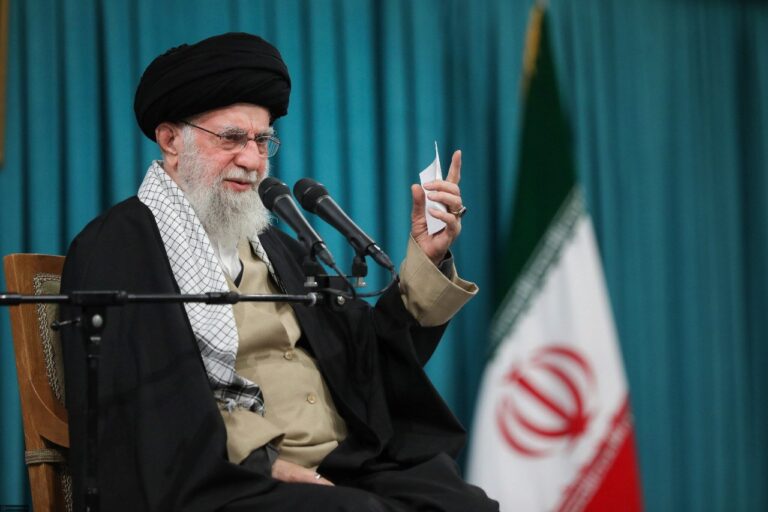
Iran’s Leader Declares Quds Day Rally a Symbol of National Pride and Unity
On International Quds Day, Ayatollah Seyyed Ali Khamenei emphasized the necessity of unity and determination among Iranians in support of Palestine. He reaffirmed that this commitment has persisted for over 40 years, with widespread participation in rallies across the nation, regardless of circumstances. Khamenei highlighted the significance of this year’s rally, urging the public to make it one of the most glorious in history, countering adversarial narratives. He noted growing global solidarity with Iran’s cause, reinforcing that Quds Day is not just a national event but a vital expression of the Iranian people’s identity and resilience in advocating for Palestinian rights.
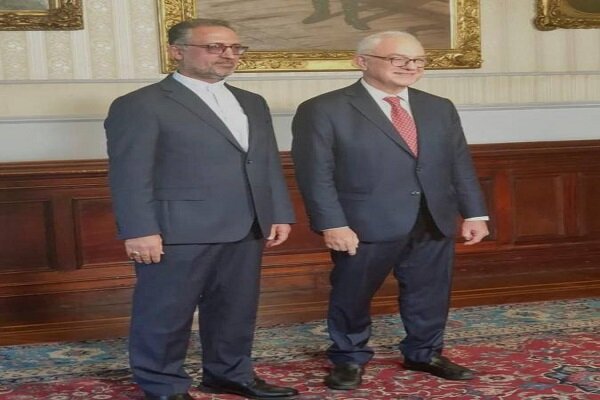
Iran Marks Historic Attendance at Uruguay’s New President Inauguration
The inauguration of Uruguay’s President Luis Orsi marks a pivotal moment for the nation, signaling a return to power for the Broad Front coalition. The event facilitated diplomatic engagement with Iran, as Iranian officials, including Assistant Foreign Minister Issa Kameli, attended and met with Uruguay’s Foreign Minister Mario Lubetkin. They exchanged messages of goodwill, emphasizing a desire to strengthen bilateral relations and explore cooperation in economic, cultural, and political areas. This shift in Uruguay’s political landscape presents an opportunity for both nations to enhance ties, with the potential for significant benefits through trade agreements and cultural exchanges.